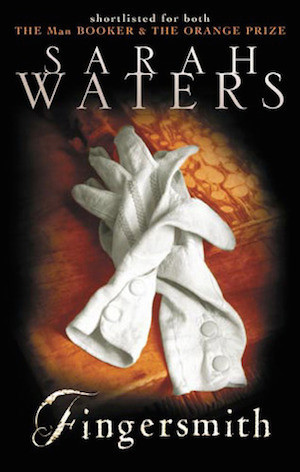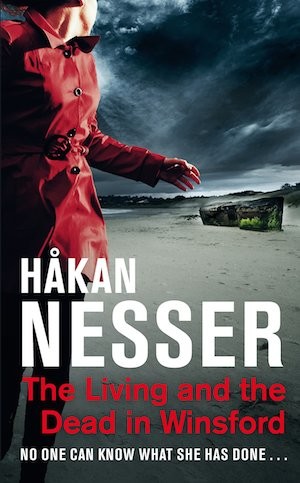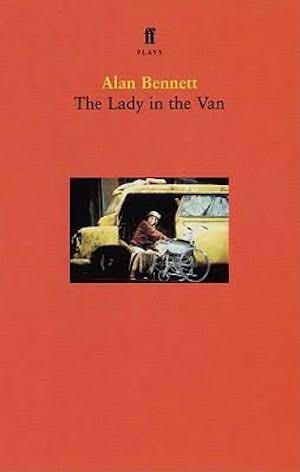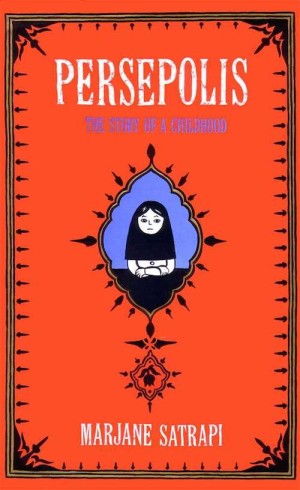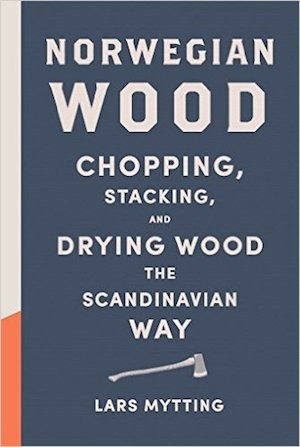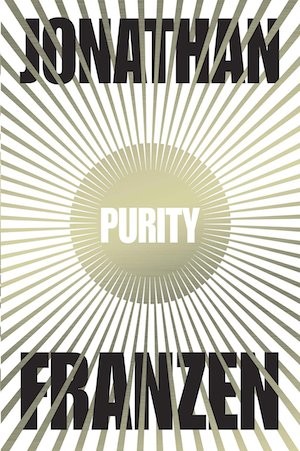It is appropriate that, of any and all awards, The Living and the Dead in Winsford has won the Rosenkrantz award for best thriller of the year (2014). While this award might actually be in the name of Danish crime writer Palle Rosenkrantz, it is in fact reminiscent of that other Rosenkrantz: the compere of Guildenstern. The mystery, the crime and the repercussions are in tone more in keeping with the ambiguity of those other Danes, Hamlet’s betrayers.
We begin with a lone Swedish woman, and her dog, in England and isolated from everyone who knows her. What is she doing? What is she running from? Who is she? To say more would ruin the story and the gossamer threads that make up the web of her history. It requires your full participation and creativity as Nesser’s slow and anxious descriptions of her days on the moor make it the unique psychological thriller that it is. There are plenty of questions here and, despite the clear physical resolution, more questions linger after you have put the book back on its shelf. Nesser’s skill in delving into the psyche of our female narrator and his insidious suggestions of betrayal and disloyalty make it a worthy award winner, even if it were to be doubly awarded in another Rosenkrantz’ name.





